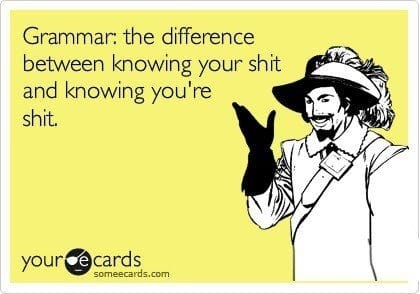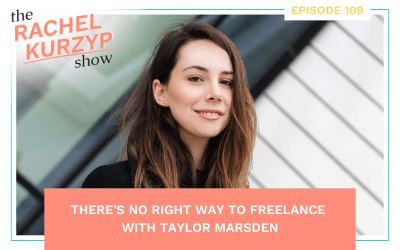No one writes a polished piece first go. Anyone who tells you they do is lying.
As a follow on from my post a fortnight ago, on trying too hard and getting distracted by editing, I wanted to share what editing tips and tricks have helped me.
For me, learning to be a good editor is still a work-in-progress. Some parts come naturally but like all writers I have my quirks. Over time I’ve noticed I spell the same words wrong and break the same grammar rules regularly in my first draft. Now I have a list of them by my desk so I never forget to check for them when I’m editing.
It would be amazing to have an experienced editor to review every piece I write. However, I’m not that lucky (yet!).
If you’re a writer, like me, who does it all, I hope you benefit from this list. And please add your own editing tips in the comments. I’m sure there are many other great editing tips out there.
Here are my best editing tips
- First write for yourself, then your audience and then for the SEO gods
No one likes to read key word rambling or jargon.
- Pick up your quirks in Hemmingway App
I say ‘just’ and ‘that’ too much. Hemmingway App helps me to find them and delete them fast!
- Read your piece backwards
Ok, I know this sounds crazy. But trust me it works. It makes your brain read what’s written down and not fill in the gaps. Yeah, our brains are smart like that.
- Cut long sentences in two
Write one idea per sentence and split comma heavy sentences into two. When I’m editing copy for my clients this is one of the first things I do.
- Stick to one voice
Use either ‘I’ or ‘you’ and if you have to switch do so once.
- Ditch the adverbs
Especially after ‘he said’ and ‘she said.’ Find a more powerful verb to replace the weak verb + weak -ly adverb combo.
- Replace negative with positive
Find a way to rewrite statements that contain ‘don’t’, ‘shouldn’t’ and ‘can’t’.
- Delete extra punctuation
Reduce your use of – , and ; to make your writing stronger.
- Reduce prepositions
In, for, with, about, between, until – the list goes on. You don’t need them.
- Say it with less
Remove redundant words – often placed after an ‘and’. Check out the list of common redundancies.
- Use active voice not passive voice
Passive voice isn’t wrong but it does require more words and work. Grammar girl explains it well.
- Read out aloud
You’ll sound a bit crazy but who cares! This is great for editing flow. If you stumble so will your readers.
- Don’t forget to proof read and edit headings and captions
These are often over looked in the editing process and are full of little errors.
- Always triple check the spelling for names of people and places and business names and products
You can’t assume anything!
- Hyphenate modifiers
Whenever you modify a noun with more than one word, you need a hyphen. The exception: no need to hyphenate modifiers that end in ‘ly.’
- Choose a style and stick to it
Are you a fan of the oxford comma? Are you using American English or British English?
- Remove repetition
You might think repeating yourself will get your message across but you should be clear the first time.
- Be careful of colloquialisms and abbreviations
Don’t over use them and consider where your audience is reading from. Australian’s are crazy for abbreviations [funny video!] but other countries aren’t.
- Brush up on commonly misspelt and incorrectly-used words
Again, Grammar Girl is a great place to start if you’re unsure.
20. Edit with fresh eyes
Never edit after you’ve finished your piece. Don’t look at it for a few days. Good writers plan ahead so they leave enough time for editing.
[Tweet “20 must use editing tips for writers”]
Don’t forget to add your editing tips in the comment section and help your fellow writers!
Have a love-hate relationship with words? I can help.





